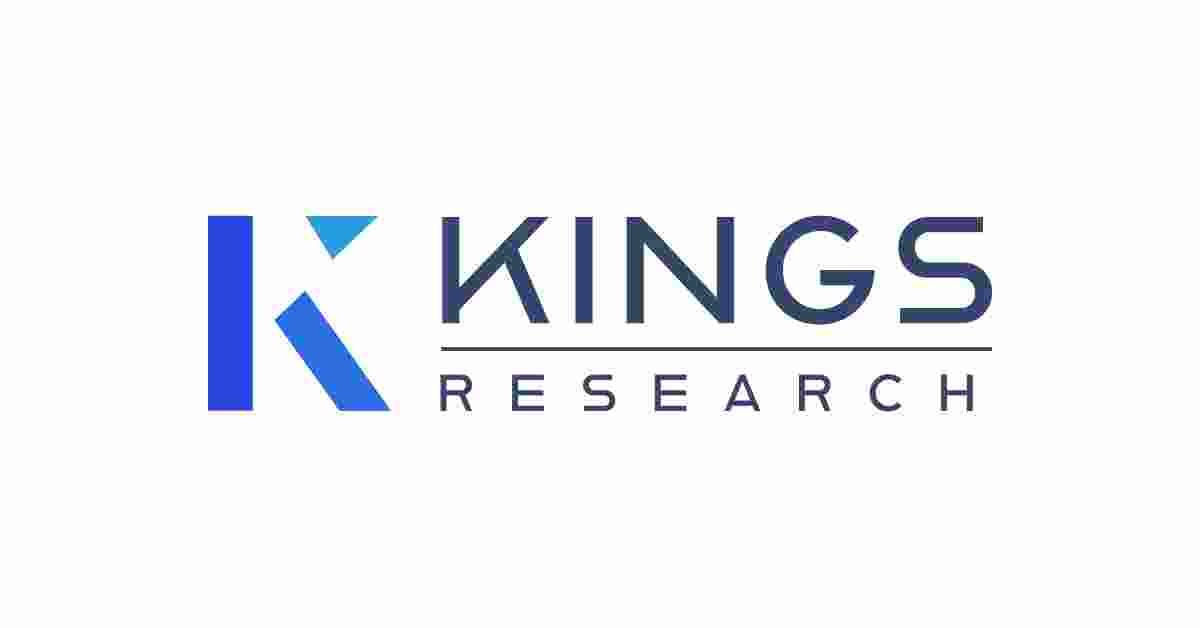The Automotive Fuel Filter market in the US is poised for significant and steady growth, reflecting the nation's massive vehicle fleet, stringent emission standards, and the increasing complexity of modern fuel systems. While often overlooked, the humble fuel filter plays a crucial role in engine longevity, performance, and compliance with environmental regulations. New market insights highlight a robust growth trajectory for this essential component, cementing its status as a vital part of the United States automotive sector.
Market Summary: A Steady Climb in a Vital Sector
The global Automotive Fuel Filter market was valued at USD 3,037.2 million in 2023 and is projected to reach USD 4,829.0 million by 2031. This expansion is driven by a healthy Compound Annual Growth Rate (CAGR) of 6.05% from 2024 to 2031. This growth rate, while steady, is indicative of a reliable, high-volume replacement market crucial for the millions of vehicles on US roads. The continuous need for maintenance and the rising adoption of sophisticated filtration technologies are the bedrock of this projected increase.
Market Analysis: Protecting High-Precision Engines
Modern engines, whether running on gasoline or diesel, are built with high-precision components that are highly susceptible to damage from contaminants like dirt, rust, and water found in fuel. Fuel filters are the primary defense, preventing these particulates from reaching sensitive parts like fuel injectors and fuel pumps. In the US, the push for better fuel efficiency and lower emissions has led to the adoption of more advanced, common rail direct injection (CRDI) and gasoline direct injection (GDI) systems. These sophisticated systems require superior, higher-efficiency fuel filters, which directly contributes to the increasing market value. The ongoing maintenance and replacement cycle across the expansive United States aftermarket will be the chief driver of the segment's revenue.
Market Scope: The Aftermarket Dominance
The scope of the fuel filter market encompasses two primary segments: Original Equipment Manufacturer (OEM) and Aftermarket. While OEM sales track new vehicle production, the aftermarket segment drives the majority of the projected growth. Every vehicle, regardless of its age or fuel type, requires regular fuel filter replacement as part of its scheduled maintenance.
Key areas within the scope include:
· Filter Type: Separated into cartridge-based and in-line (spin-on) filters. The trend is shifting toward cartridge-based filters due to their lower environmental impact and reduced waste.
· Fuel Type: Filters designed specifically for gasoline engines, diesel engines (which often require water separation capabilities), and emerging alternative fuels.
· Vehicle Type: Passenger vehicles form the largest segment, but commercial vehicles (trucks, buses) represent a high-value sector, particularly for heavy-duty diesel filtration.
Key Market Drivers and Factors for US Expansion
Market Drivers:
1. Strict Emission Regulations: Regulatory bodies in the US continue to enforce stricter emission norms (like the EPA standards), requiring engines to operate at peak efficiency, thus mandating high-quality, regularly replaced fuel filters.
2. Aging Vehicle Fleet: The average age of vehicles on US roads is increasing, leading to a larger and more frequent demand for replacement parts and maintenance services in the aftermarket.
3. Complex Engine Technologies: The increasing penetration of GDI and CRDI systems in the United States necessitates finer and more complex filtration media to protect the sensitive, high-pressure injectors.
Key Factors:
· Counterfeit Products: The market must continually combat the influx of low-quality, counterfeit fuel filters, which pose risks to engine performance and safety. Consumer awareness and high-quality parts distribution are critical.
· Electrification Impact: While the long-term shift to electric vehicles (EVs) will eventually reduce demand, the combustion engine segment will remain dominant for the foreseeable future, ensuring steady growth for fuel filters well into the 2031 projection period.
Regional Analysis: North America's Engine
North America, anchored by the United States, is a cornerstone of the global fuel filter market. The region’s advanced maintenance infrastructure, high vehicle ownership rates, and consumer preference for reliable, high-performance components ensure its continued dominance. The sheer volume of vehicle miles traveled in the US translates directly into a massive and recurring demand for essential maintenance parts like fuel filters. The presence of major global filter manufacturers and a highly organized distribution network further solidifies the United States' leadership position.
Recent Developments: Efficiency and Sustainability
Recent advancements are focused on creating multi-stage filtration systems that offer superior contaminant removal and water separation, especially for diesel applications. Furthermore, the industry is increasingly adopting bio-degradable and recycled materials in filter media and housing, aligning with global and US consumer demand for more sustainable automotive products. Filter life monitoring systems and integrated sensor technology are also emerging, allowing drivers and mechanics to accurately track filter condition and schedule replacements more efficiently.
Browse Full Report: https://www.kingsresearch.com/automotive-fuel-filter-market-576



